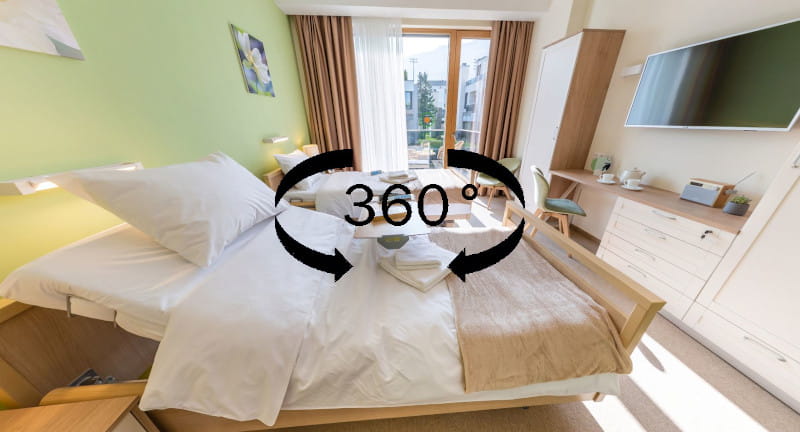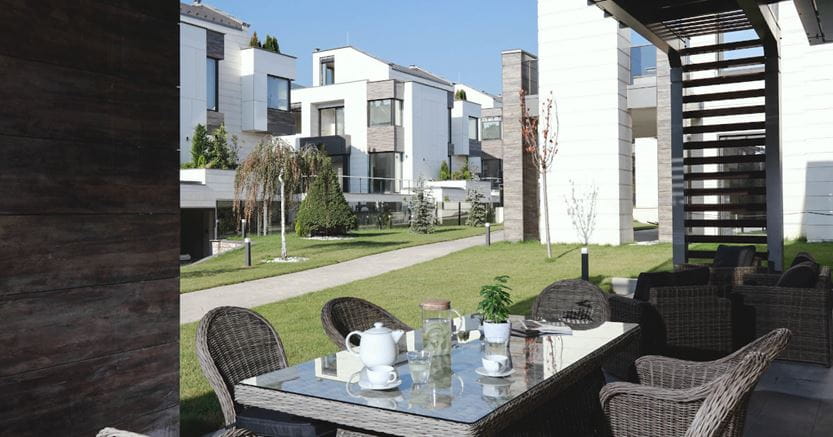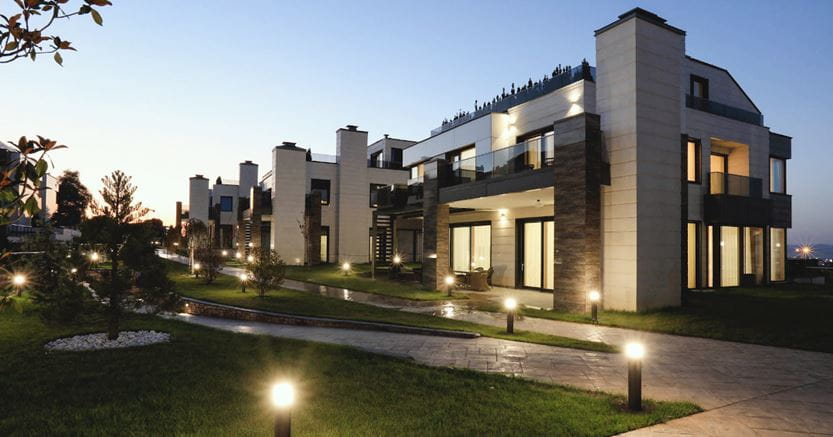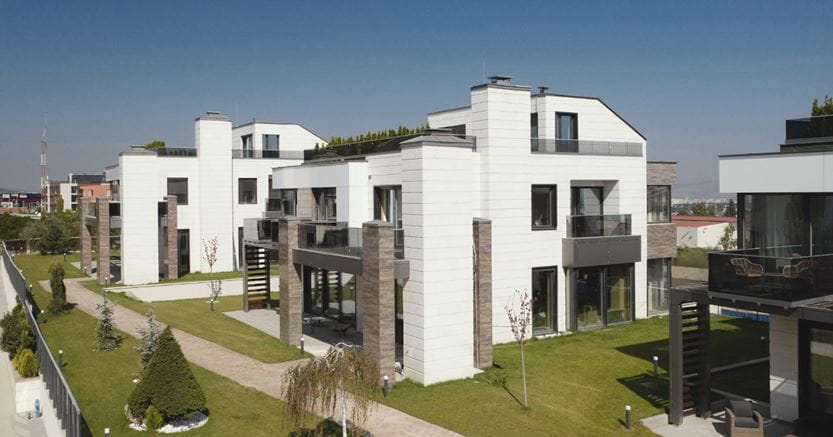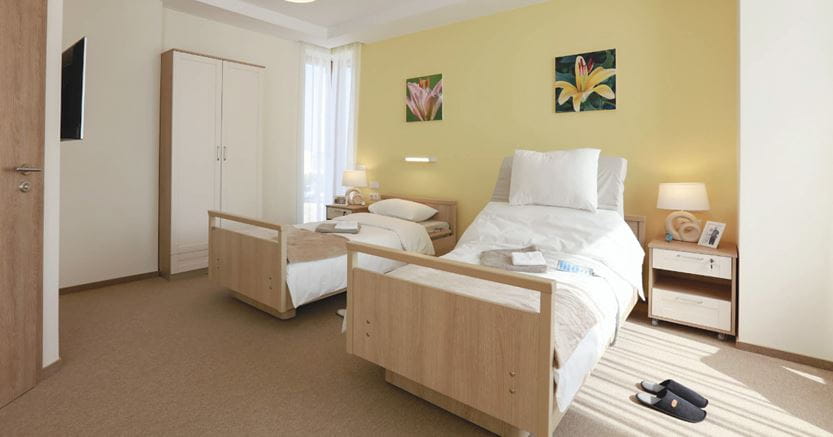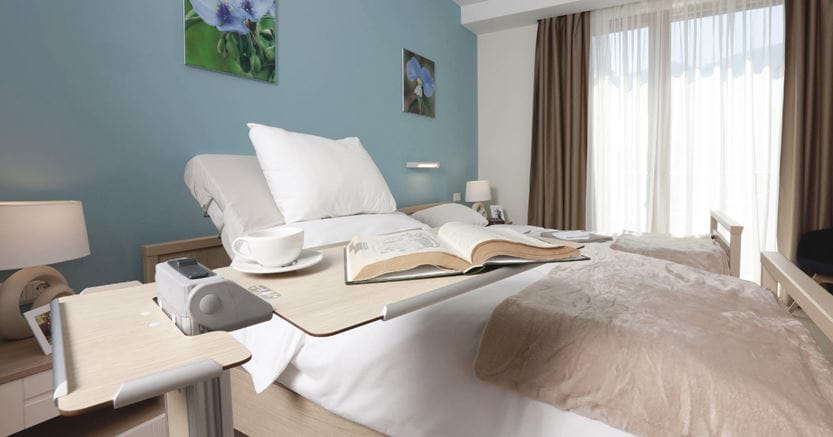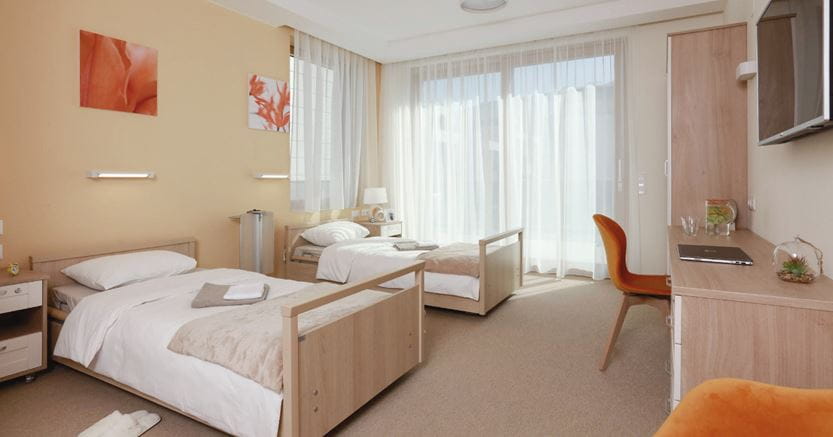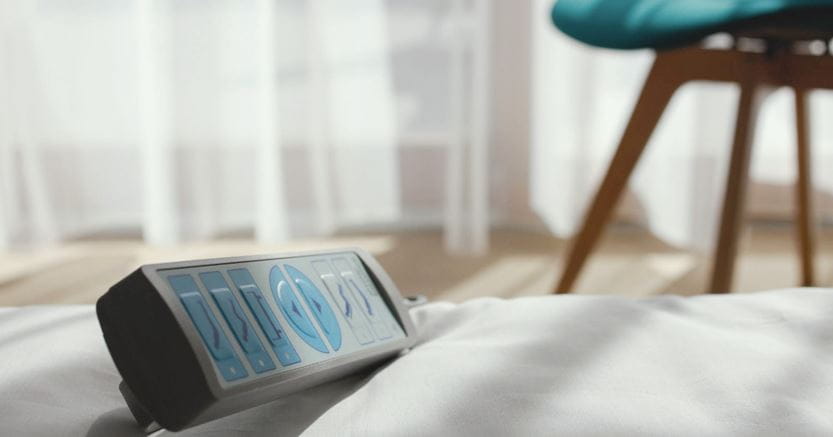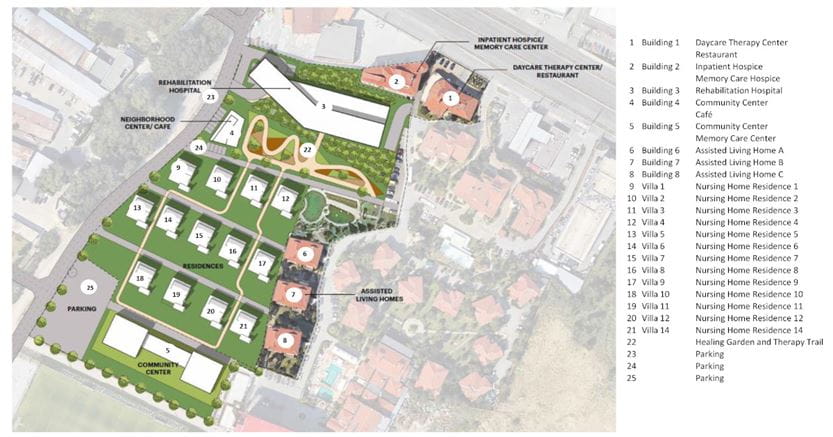wissner-bosserhoff supplies nursing beds to Blocks Health and Social Care Centre in Bulgaria
The facility in Sofia will be equipped with 600 sentida low-care beds
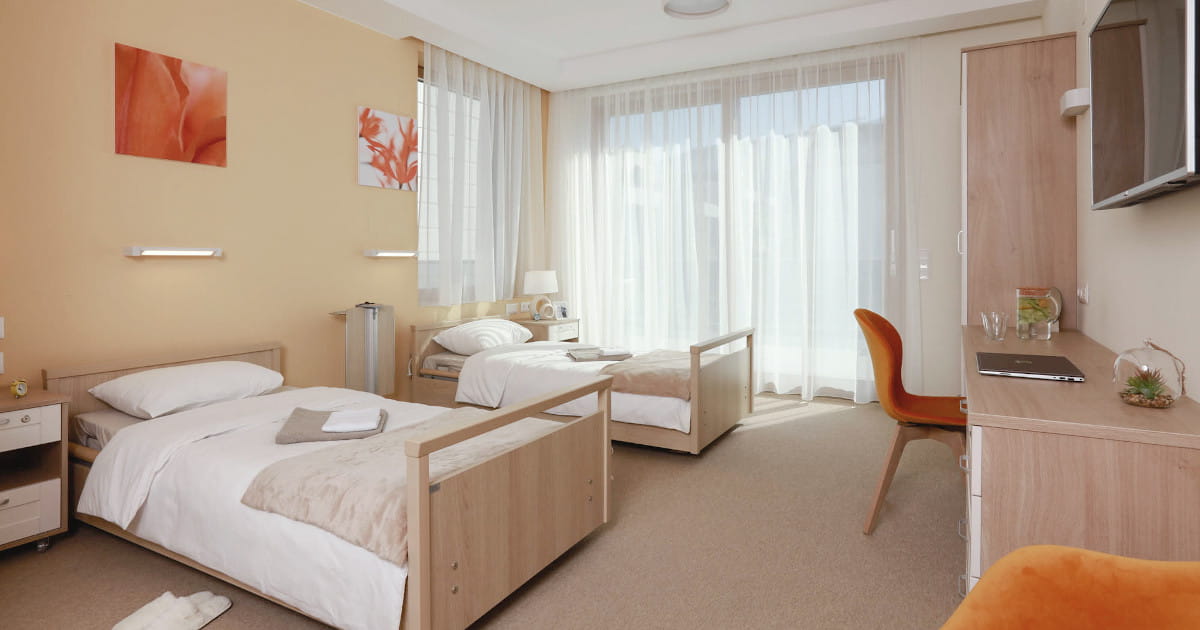
Sofia, March 2021 - The largest long-term care centre in Southeast Europe has opened its doors. Blocks Health and Social Care is located in the Bulgarian capital Sofia and offers complete and innovative solutions in the field of rehabilitation, long-term and palliative care and elderly care. The campus is located at the foot of Vitosha Mountain and includes 13 single-family homes for the elderly, a hospice, a medical centre and a memory care centre, whose work complies with the latest standards and practices. A total of 600 beds will be delivered to the campus, of which 170 sentida 5 beds including stylo servers were successfully delivered in the 1st phase. This year will see the opening of the most modern rehabilitation centre in South East Europe, built in collaboration with one of the world's most renowned rehabilitation clinics, the Shirley Ryan Ability Lab in Chicago.
Focus on people
The model by which Blocks operates focuses on the individual who deserves to live a quality life in a comfortable and friendly environment from a certain age, as well as receive specialised medical care at the end of life.The services Blocks provides are divided into the following areas: Blocks Adult Care, Blocks Memory Care, Blocks Hospice, Blocks Home Care, Blocks Medical Centre and Blocks Rehabilitation.
360° tour of the care facility:
The Family type retirement homes consist of 13 homes. Each of the homes is equipped with high-tech kitchen furniture and lift. The doors of each room are divided and can be opened in the middle, depending on the wishes and needs of the individual resident. One of the most important elements in each home are the sentida 5-beds, which offer the greatest possible safety in combination with a homely design. Innovative solutions such as the unique 3-stop strategy and the patented SafeFree® side safety concept can reduce falls and their consequences and set standards in terms of safety, mobility, height adjustability and homeliness.
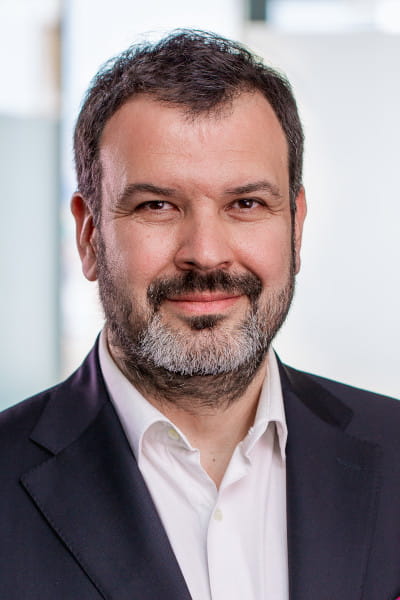
Ilian Grigorov, CEO of Blocks
"For the comfort of residents and patients, we have chosen the best possible bed supplier. When caring for older people, good functionality of the beds is extremely important so that the team can work quickly, carefully and without errors, but comfort in the homes is just as important. Some of our residents spend their days completely in bed. We didn't want them to feel like they were living in a hospital. That's why we chose sentida. The beds not only offer modern features, but also comfort and design like you would find at home." - Ilian Grigorov, CEO of Blocks.
wissner-bosserhoff is proud to be the exclusive bed supplier for such a unique project in the South East Europe region.
„This will help create a new trend in the region and show that beds specifically for long-term care can be more than just a bed. Rather, they are high-quality medical products equipped with many solutions that provide safety and comfort for both residents and caregivers. In addition, the design of the beds creates a homely atmosphere in which elderly people can feel at home.“ - Anton Filimonov, Area Sales Manager US & CEE/CIS wissner-bosserhoff.
The hospice was built to meet the specific needs of palliative care patients. In addition to nursing beds with high-quality anti-decubitus mattresses, the rooms also have their own oxygen system. Every detail that makes the patients' daily lives safer has been taken into account.
Measures to prevent falls
After admission, every resident is examined for his or her risk of falling. If the risk is high, a special wristband is put on to signal when a person falls. The wristbands also have a button to call staff to ensure a quick response from the team in case of an accident. All residents with dementia are fitted with wristbands that not only signal a fall, but also have a built-in location sensor that provides information on where the residents are. When leaving a certain area, the wristbands send a signal to the care office.
If it is necessary to monitor residents and patients who should not get up unaccompanied, a special pad is placed on the mattress of the bed that sends a signal when they get up. The pads also have a moisture sensor that indicates when the mattress is wet. This gives the opportunity to react quickly and provide comfort to the patients at any time of the day.
The modern rehabilitation centre is in an advanced stage of construction and also includes a 100-bed hospital and an outpatient care centre. The goal at the rehabilitation centre is to be able to offer, for the first time in Bulgaria, technologies such as anti-gravity paths, hydrotherapy pool and water treadmill, as well as high-tech robotic machines for exercise.





